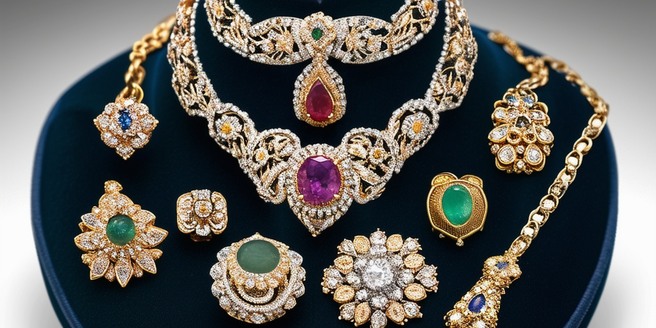
Understanding Heirloom Assets
Heirloom assets encompass a variety of valuable items passed down through generations, such as jewelry, artworks, antiques, and property. These assets hold both financial and sentimental value, making their management crucial. Properly understanding heirloom assets involves recognizing their historical significance and the emotional attachment family members might have towards them. Therefore, seeking professional advice can be beneficial in managing these assets. Regular appraisals can help in accurately valuing these items. Having these assets insured can also protect against potential losses. This understanding can guide decisions regarding preservation, valuation, and eventual distribution. Additionally, it’s vital to document ownership and provenance to maintain authenticity. By grasping the full scope of heirloom assets, families can ensure these treasures are maintained and cherished for future generations.
The Importance of Preservation
Preserving heirloom assets is vital to maintain their integrity, value, and historical significance. Proper preservation techniques differ based on the type of asset; for example, delicate fabrics may require controlled storage environments, while artworks need specific lighting conditions. The importance of preservation extends beyond the item itself, as it ensures that the memories and heritage associated with the heirloom are not lost. By protecting these items, we also honor the legacy of past generations. This process can be quite meticulous and requires a deep understanding of the materials involved. Additionally, consulting with preservation experts can provide valuable insights and techniques tailored to specific needs. Investing in preservation safeguards these treasures, allowing them to be enjoyed by descendants and to continue telling the family’s story.
Valuation of Heirloom Assets
Valuing heirloom assets requires a thorough understanding of their market worth, historical significance, and emotional value. Professional appraisers can provide an accurate estimate of an item’s financial value, considering factors such as provenance, condition, rarity, and demand. Additionally, acquiring a comprehensive background check on the item’s history can further enrich its valuation. It’s essential to preserve any documentation or previous appraisals related to the item. It’s important to consult with experts who specialize in heirlooms to get the most precise valuation possible. However, emotional value, while intangible, plays a significant role in the family context and can sometimes outweigh monetary considerations. Balancing these elements in the valuation process ensures that heirloom assets are appreciated and managed with sensitivity and knowledge.
Legal Considerations and Inheritance
Legal considerations concerning heirloom assets involve understanding inheritance laws, estate planning, and creating clear directives for asset distribution. Laws can vary significantly by jurisdiction, impacting how items are passed down and protected. Consulting with a lawyer familiar with local laws can provide invaluable guidance. For instance, some jurisdictions may have specific restrictions or requirements that could affect the transfer of certain types of assets. It is also beneficial to remain informed about any updates or changes in inheritance laws that could impact your estate plans. It’s important for families to consult legal experts to navigate these complexities and establish wills, trusts, or other legal instruments that reflect their wishes. Effective legal planning helps prevent disputes and ensures that heirloom assets are inherited smoothly and in accordance with the owner’s intentions.
Strategies for Asset Distribution
Developing strategies for distributing heirloom assets involves balancing fairness, sentimental value, and family dynamics. Clear communication and documented directives can mitigate potential conflicts among heirs. Strategies might include selling high-value items to equally distribute funds or designating specific heirlooms to individuals based on sentimental attachments. Consulting with a financial advisor or estate planner can provide additional guidance in these matters. It’s crucial to involve all family members in these discussions. It’s important to periodically review and update these plans as family circumstances change. Some families use agreements or plans to protect heirs from potential asset management burdens. Thoughtful consideration and planning ensure that heirloom assets are distributed in a way that honors both the items and family relationships.
